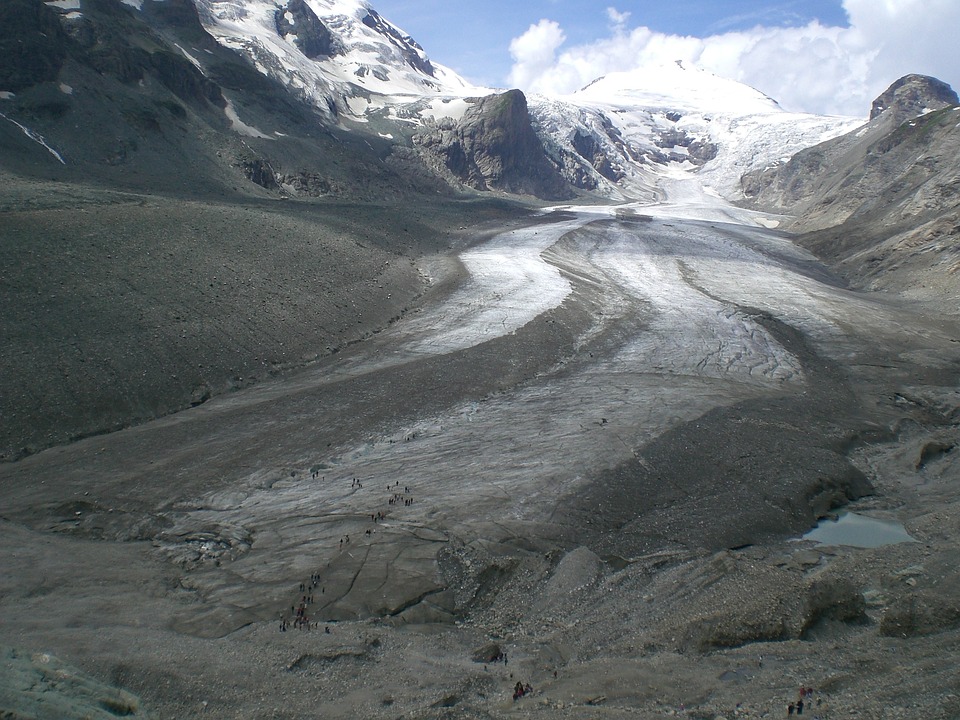Global warming, also known as climate change, is a phenomenon that has been a topic of much debate in recent years. Many scientists believe that the increase in greenhouse gases in the atmosphere, primarily caused by human activities such as burning fossil fuels and deforestation, is leading to a rise in global temperatures. But does global warming also cause natural disasters?
The Link Between Global Warming and Natural Disasters
While global warming itself may not directly cause natural disasters, it is believed to be a contributing factor to the frequency and intensity of certain types of disasters. For example, warmer temperatures can lead to more frequent and severe heatwaves, droughts, and wildfires. The melting of polar ice caps and glaciers due to global warming can also contribute to an increase in sea levels, leading to more frequent and severe flooding in coastal areas.
Extreme Weather Events
Global warming can also lead to more extreme weather events, such as hurricanes, typhoons, and tornadoes. Warmer ocean temperatures can fuel these storms, making them more powerful and destructive. In addition, the changing climate may alter weather patterns, leading to more unpredictable and severe weather conditions.
Impact on Ecosystems
Global warming can also have a significant impact on ecosystems, which can in turn lead to natural disasters. For example, the warming of ocean waters can lead to coral bleaching, which can devastate coral reefs and the marine life that depends on them. This can have far-reaching consequences for coastal communities that rely on coral reefs for protection against storms and as a source of food and income.
Conclusion
While global warming may not directly cause natural disasters, it is clear that it can play a significant role in their frequency and intensity. As global temperatures continue to rise, it is more important than ever to take action to mitigate the effects of climate change and reduce our impact on the environment. By making sustainable choices and supporting policies that promote renewable energy and conservation, we can help protect our planet and prevent future natural disasters.

Kyle Whyte is a notable scholar and professor at the University of Michigan, holding positions such as the George Willis Pack Professor in the School for Environment and Sustainability and Professor of Philosophy. Specializing in environmental justice, his work critically examines climate policy and Indigenous peoples’ ethics, emphasizing the nexus between cooperative scientific endeavors and Indigenous justice. As an enrolled Citizen Potawatomi Nation member, he brings a vital perspective to his roles as a U.S. Science Envoy and member of the White House Environmental Justice Advisory Council. His influential research is supported by various prestigious organizations including the National Science Foundation, and disseminated through publications in high-impact journals. Kyle actively contributes to global Indigenous research methodologies and education, with affiliations to numerous institutes and societies dedicated to traditional knowledge and sustainability. Recognized for his academic and community engagement, Kyle has earned multiple awards and served in various visiting professorships. His efforts extend to leadership positions on boards and committees focused on environmental justice nationwide.
